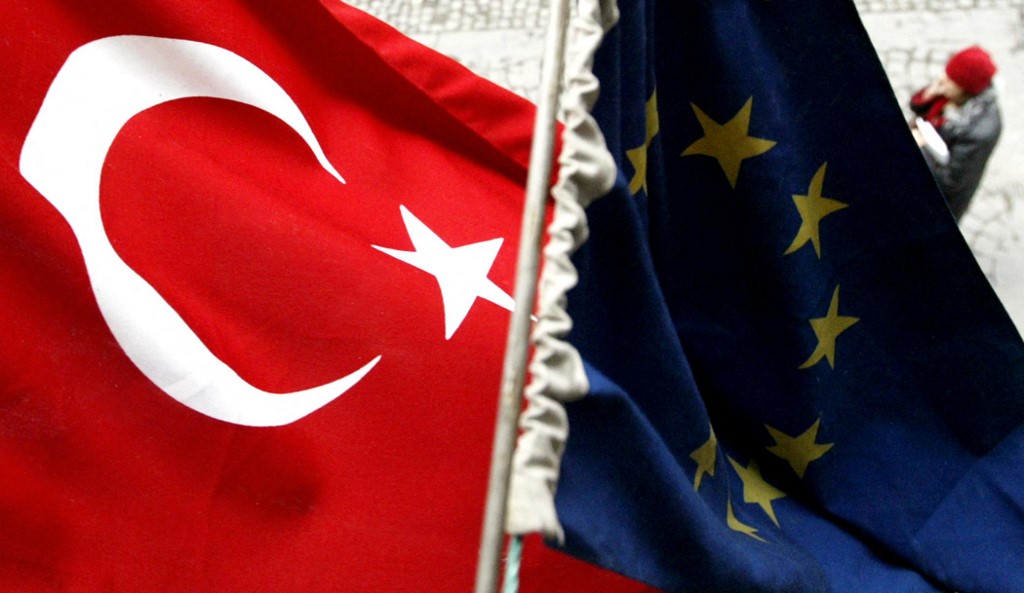The European Union should renew an agreement with Turkey that helped stem the influx of migrants into the bloc five years ago, Turkish Deputy Foreign Minister Faruk Kaymakçı told Agence France-Presse.
But he also said the accord, signed with the European Commission in March 2016, was much more than simply a “migrants deal” and urged the bloc to make good on all aspects of the nine-point statement.
Brussels allocated 6 billion euros ($7.1 billion) in exchange for Turkey hosting what now amounts to roughly 4 million migrants — 3.7 million of them from war-torn Syria.
The EU also pledged to work with Ankara on upgrading an existing customs union and on paving the way for Turkey’s eventual accession to the bloc.
Turkey further wants visa-free travel to EU nations and the resumption of regular summits between the two sides.
“We believe that the renewal of the March 18 statement is a must and in the interest of all the parties,” Kaymakçı said in written answers to questions from AFP.
But the deal “is not limited to migration,” he added. “In this respect, it should be revisited in its entirety.”
‘Turkey’s burden’
EU leaders will meet later this month to consider imposing sanctions on Turkey for its drilling activities near Cyprus and search for natural gas in waters claimed by Greece.
Kaymakçı said Brussels should instead “show flexibility and understanding” while working with Turkey to mitigate the humanitarian cost of conflicts across the Middle East.
And he said Turkey was now also seeing “a high number” of people come from Asia and Africa.
“Without our efforts, more than 2 million people would have reached EU countries by now,” Kaymakçı said.
“These numbers clearly reveal Turkey’s burden.”
But he said Brussels in return had “failed to fulfil its commitments” to work with Ankara on improving the humanitarian situation near the Turkey-Syria border.
He further accused the bloc of “unfairly” criticizing Turkey’s military campaigns against Kurdish-led militias that it views as terrorists in northern Syria.
“Unfortunately, the continuous unfounded criticism of the EU regarding these operations, along with the threats of [an] arms embargo … has caused deep resentment in Turkey,” he said.
‘Maximalist demands’
“Yet, it is not only the Syrian crisis we’re dealing with,” Kaymakçı added.
“We are located on migratory routes. As long as wars, conflicts and social and economic instability in the source countries remain, the migration crisis will never end.”
Ankara’s relations with Brussels are chronically troubled by Turkey’s longstanding differences with EU member states Cyprus and Greece.
Athens is expected to push the bloc to impose targeted sanctions at the March 25-26 EU summit that punish Turkey for its eastern Mediterranean energy push.
“Unfortunately, all the dimensions of Turkey-EU relations, including the migration management is taken hostage by the Greek Cypriots and Greece’s irrational and maximalist demands on Turkey,” Kaymakçı said.
“I sincerely hope that the upcoming European Council summit will opt for setting a positive agenda between Turkey and the EU … to the benefit of all members of our European family,” he said.

